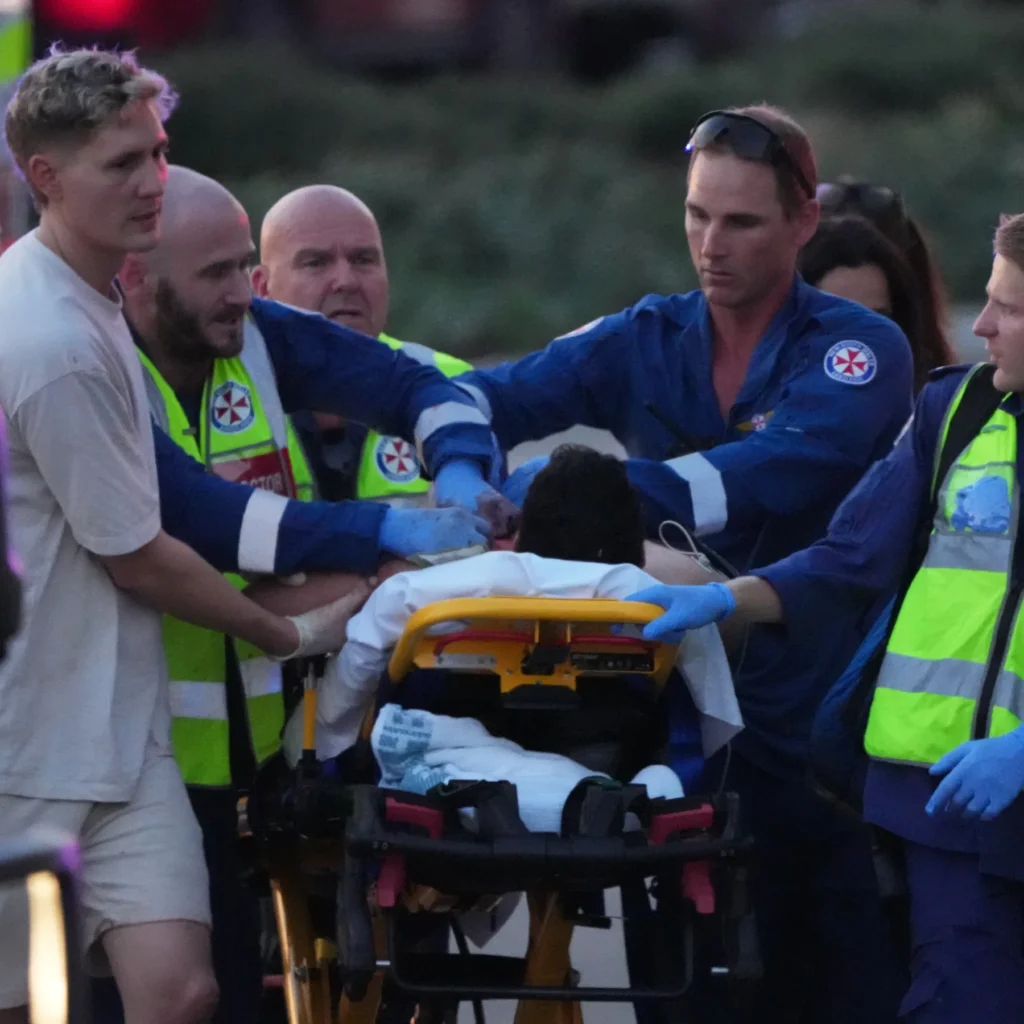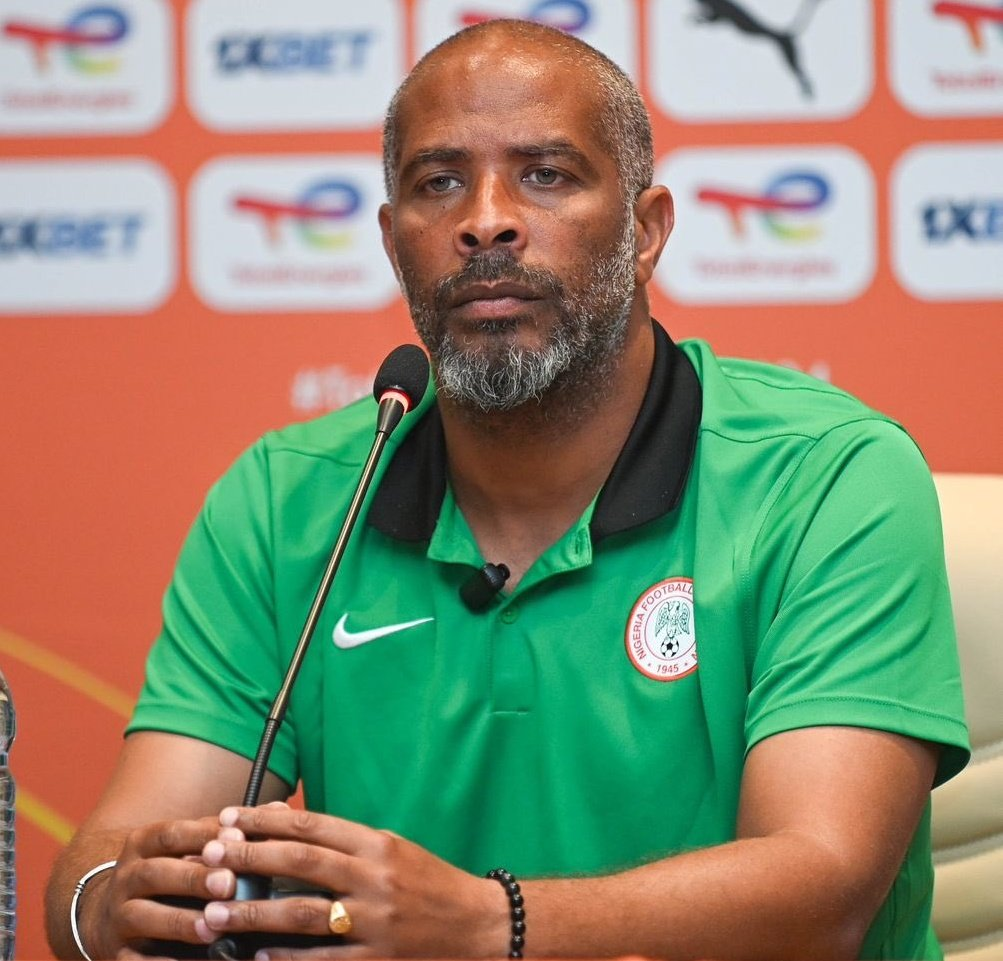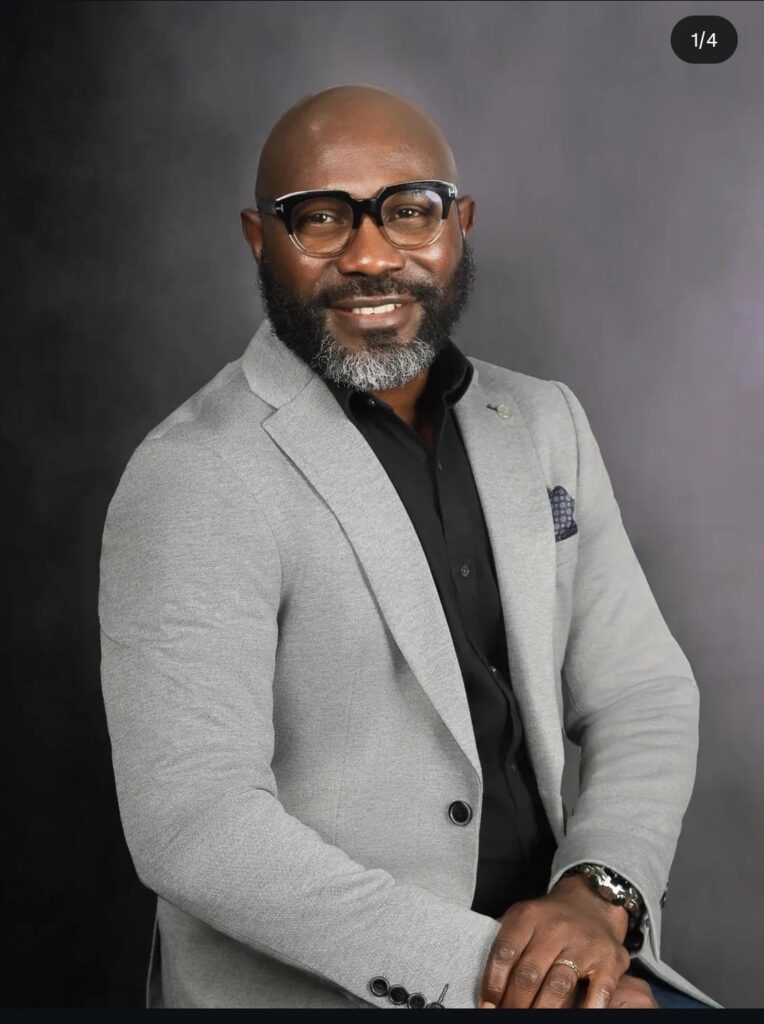The Madagascar government’s move to approve a bill allowing the castration of child rapists has stirred international controversy and criticism.
Despite objections from human rights organizations like Amnesty International, Madagascar’s Justice Minister, Landy Mbolatiana Randriamanantenasoa, stood by the decision, defending the country’s right to amend its laws to address the alarming surge in child rape cases.
She said, “large Indian ocean island is a sovereign country that has every right to amend its laws”.
“Faced with the resurgence of rape, we had to act,” she added, saying there were 600 rapes of minors recorded last year.
The bill, which received approval from the Senate and the National Assembly, introduces severe penalties, including surgical castration, for perpetrators of rape against children under the age of 10.
For offenders targeting children aged between 10 and 13, the bill permits chemical or surgical castration, while those assaulting minors aged 13 to 18 face chemical castration.
Amnesty International strongly condemned the proposed law, labeling it as “cruel, inhuman, and degrading,” and urged Madagascar to abandon the measure.
The organization argued that legal castration violates Malagasy constitutional provisions against torture and other ill-treatment, as well as international human rights standards.
Despite international criticism, some local advocates, like Jessica Lolonirina Nivoseheno from the Women Break the Silence movement, see castration as a potential deterrent to the prevailing “rape culture” in Madagascar.
She believes that many cases of rape are settled informally within families, highlighting the need for more robust measures to combat sexual violence against children.
Amnesty said “rape cases remain under-reported, and perpetrators often go free due to the victims’ and their families’ fear of retaliation, stigmatisation, and a lack of trust in the judicial system.”
However, Amnesty International’s Madagascar adviser, Nciko wa Nciko, emphasized the importance of focusing on the victims and criticized the law for its potential to cause irreversible harm.
Nciko highlighted the risk of wrongful convictions and urged authorities to prioritize the protection and support of victims of sexual violence.



























